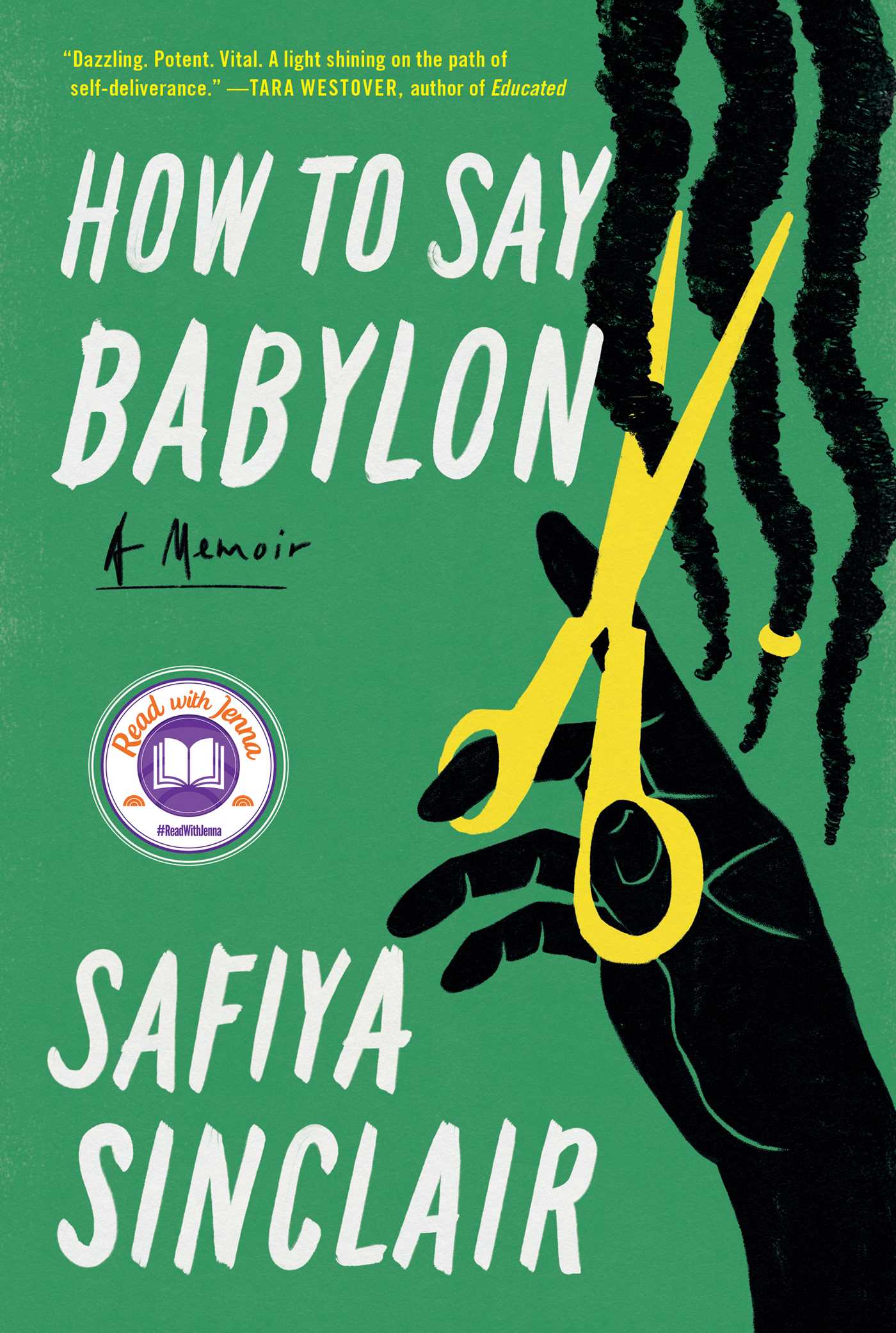
AUTHOR | Safiya SinclairBiography
Sinclair’s other honors include a Pushcart Prize, fellowships from the Poetry Foundation, the Civitella Raineiri Foundation, the Elizabeth George Foundation, MacDowell, Yaddo, the Bread Loaf Writers’ Conference, and the Fine Arts Work Center in Provincetown. Her work has appeared in the New Yorker, Granta, The Nation, Poetry, Kenyon Review, and elsewhere. She moved to the United States to attend college in 2006, first earning her BA degree from Bennington College. She went on to obtain an MFA in Poetry from the University of Virginia, followed by a Ph.D in Literature and Creative Writing from the University of Southern California. She is currently an Associate Professor of Creative Writing at Arizona State University. |
ABOUT THE BOOK
How to Say Babylon: A Memoir by Safiya Sinclair
| An evocative memoir (10 years in the writing) by a debut non-fiction author that covers so many life dimensions, doing so in poetic prose (Sinclair is already a published, award-winning poet). Filled with colorful imagery that is at times beautiful and inspiring, but at other times brutal and gut-wrenching, her life-story is poignant, piercing and touching. Growing up in a Rastafarian household in Jamaica, Sinclair’s life-experiences included the Rastafari religion’s toxic patriarchy, domestic abuse (both emotional and physical), class prejudice, and poverty. While seeped in the folkloric and natural imagery of Jamaica, Sinclair’s narrative also takes inspiration from wide-ranging literary sources, including Greek mythology, Sylvia Plath, the Bible, Hebrew folklore, and Toni Morrison. Sinclair’s mother was her savior. By giving her the gift of books and a love of reading and writing, poetry became Sinclair’s salve against chaos. With the help of scholarships, she attended a prestigious Jamaican private school to study poetry and eventually left for college in America, the proverbial “Babylon” of the title, and the main target of her father’s rage. But even after leaving Jamaica, Sinclair continued to be haunted by her father. Nevertheless, and despite her harrowing upbringing in Jamaica, Sinclair didn’t just persevere and survive; she thrived and excelled. Her life-story is a tour-de-force that is both inspirational and awe-inspiring. There is something for everyone in this book, a memoir that is embedded with hope, imagination and resilience. |

 Safiya Sinclair’s How to Say Babylon has already been a book club pick for Today, as well as Read with Jenna, and was one of six finalists for the Kirkus Prize for non-fiction. Sinclair also authored Cannibal, winner of the Whiting Writers’ Award, the American Academy of Art and Letters’ Metcalf Award in Literature, the OCM Bocas Prize for Caribbean Poetry, and the Prairie Schooner Book Prize in Poetry. Cannibal was selected as one of the American Library Association’s Notable Books of the Year, was a finalist for the PEN Center USA Literary Award and the Seamus Heaney First Book Award in the UK, and was long-listed for the PEN Open Book Award and the Dylan Thomas Prize.
Safiya Sinclair’s How to Say Babylon has already been a book club pick for Today, as well as Read with Jenna, and was one of six finalists for the Kirkus Prize for non-fiction. Sinclair also authored Cannibal, winner of the Whiting Writers’ Award, the American Academy of Art and Letters’ Metcalf Award in Literature, the OCM Bocas Prize for Caribbean Poetry, and the Prairie Schooner Book Prize in Poetry. Cannibal was selected as one of the American Library Association’s Notable Books of the Year, was a finalist for the PEN Center USA Literary Award and the Seamus Heaney First Book Award in the UK, and was long-listed for the PEN Open Book Award and the Dylan Thomas Prize.

